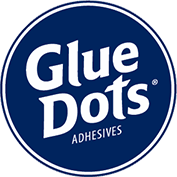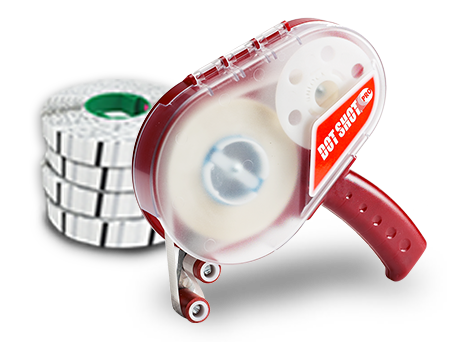Last week, we discussed how water-based adhesives can be adversely affected by the cold and changing temperatures through transport. Today, we’re going to discuss the opposite end of the temperature spectrum and discuss how you can protect your adhesives from heat and humidity.
Water-based adhesives can be very sensitive to temperature fluctuations, including changes in heat and humidity, depending upon their chemistry. Over-heating the adhesive may not be obvious, so here are a few indications that your temperature is too high:
- The product becomes too thin for application.
- Slinging occurs.
- Poor machinability.
Excessive heat may cause the adhesive to become too thin, resulting in poor performance. As a result, more adhesive may be needed to obtain the desired result; however, if the adhesive is agitated along with the excess heat, it can begin squirting within the machine creating a sticky situation that would require downtime and several man hours to clean up.
The last thing you want for your production is to have a machine down during a peak operating time. Be sure your operators keep the adhesive within acceptable temperature parameters as set by your adhesive manufacturer.
One last environmental challenge to keep in mind is humidity. Using water-based adhesives in a humid environment can delay the drying time on the substrate. The longer the adhesive sits on the substrate before setting, the more likely it is to shift, encounter debris, or peel.
To prevent heat and humidity from adversely affecting your water-based adhesives, remember to:
- Use and store your water-based adhesive in a controlled environment.
- Keep adhesive temperature within acceptable parameters during use.
- Keep the adhesive covered as much as possible to prevent contamination – both in use and not in use.
Have questions? Click on the contact us button below and one of our representatives will contact you.






